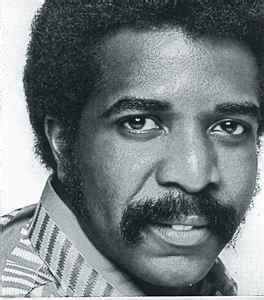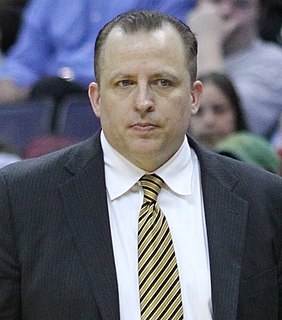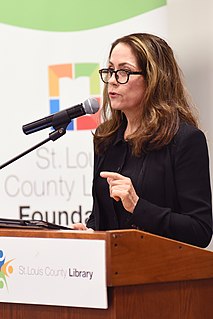A Quote by Paulo Freire
... teaching cannot be a process of transference of knowledge from the one teaching to the learner. This is the mechanical transference from which results machinelike memorization, which I have already criticized. Critical study correlates with teaching that is equally critical, which necessarily demands a critical way of comprehending and of realizing the reading of the word and that of the world, the reading of text and of context.
Related Quotes
It has been said that the essence of teaching is causing another to know. It may similarly be said that the essence of training is causing another to do. Teaching gives knowledge. Training gives skill. Teaching fills the mind. Training shapes the habits. Teaching brings to the child that which he did not have before. Training enables a child to make use of that which is already his possession.
There is a gap between the knowledge, skills, or state of mind of the learner and what he is to learn, which it seems to me any teaching activity must seek to bridge if it is to deserve that label. Teaching activities must therefore take place at a level where the pupil can take on what it is intended he should learn.
The production of knowledge in schools today is instrumental, wedded to objective outcomes, privatized, and is largely geared to produce consuming subjects. The organizational structures that make such knowledge possible enact serious costs on any viable notion of critical education and critical pedagogy. Teachers are deskilled, largely reduced to teaching for the test, business culture organizes the governance structures of schooling, knowledge is viewed as a commodity, and students are treated reductively as both consumers and workers.
I often notice how students can gain the capacity to use certain critical methodologies through engaging with very different texts - how a graphic novel about gentrification and an anthology about Hurricane Katrina and a journalistic account of war profiteering might all lead to very similar classroom conversations and critical engagement. I'm particularly interested in this when teaching law students who often resist reading interdisciplinary materials or materials they interpret as too theoretical.
Teaching literature is teaching how to read. How to notice things in a text that a speed-reading culture is trained to disregard, overcome, edit out, or explain away; how to read what the language is doing, not guess what the author was thinking; how to take evidence from a page, not seek a reality to substitute for it.




































